Did the Honor Killing in "Oor Iravu" Really Happen?
Published Dec. 22 2020, 11:09 p.m. ET
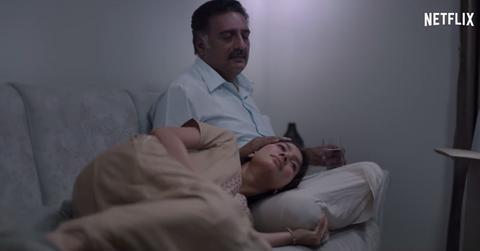
*Spoiler alert: This article contains spoilers for the final episode of Paava Kadhaigal, "Oor Iravu."*
Loosely translated to “sin stories,” Paava Kadhaigal is an anthology of four Tamil-language films that just released on Netflix. In the series, four acclaimed filmmakers grapple with the theme of “paava kadhaigal,” resulting in four different stories about sexuality, caste-based violence, and patriarchal notions of honor.
"Oor Iravu," which translates to “That Night,” is the fourth and final installation of the series. It tells the story of a young woman who defies her father, only to be killed by him for doing so.
This brutal tale ends with a post-credits scene that suggests Oor Iravu is based on a true story, but is it? Keep scrolling to find out.
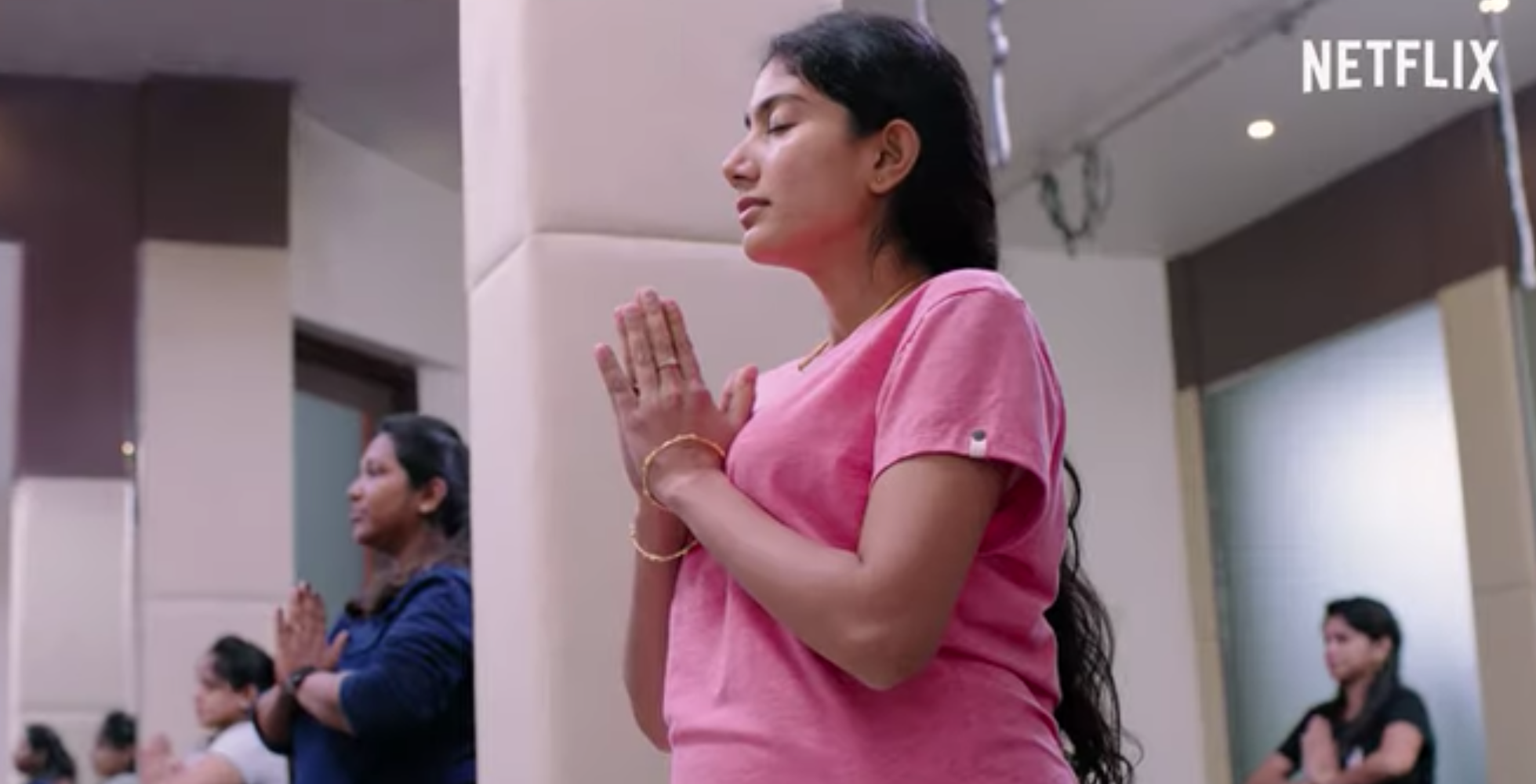
Is "Oor Iravu" from 'Paava Kadhaigal' based on a true story?
The story of Sumathi, her husband, Hari, and her father, Janakiraman, is not based on a specific, true story that’s ripped from the headlines, but unfortunately, this type of honor killing is all too common for people living in the interiors of Tamil Nadu and in India, more generally speaking.
An honor killing is when a member of a family is murdered because it’s perceived that they have brought dishonor upon their family. Although both men and women are the victims of honor killings, in many cultures, women are held to stricter standards in terms of upholding their own honor, and therefore face the brunt of this kind of violence.
In "Oor Iravu," Sumathi returns home to her village for a baby shower that her father is planning. She has been cut off from the family and receives hostile treatment from everyone except her father and mother. Viewers soon learn that the reason Sumathi is on the outs with her family because a few years back, she chose to elope with Hari, a boy from a lower caste.
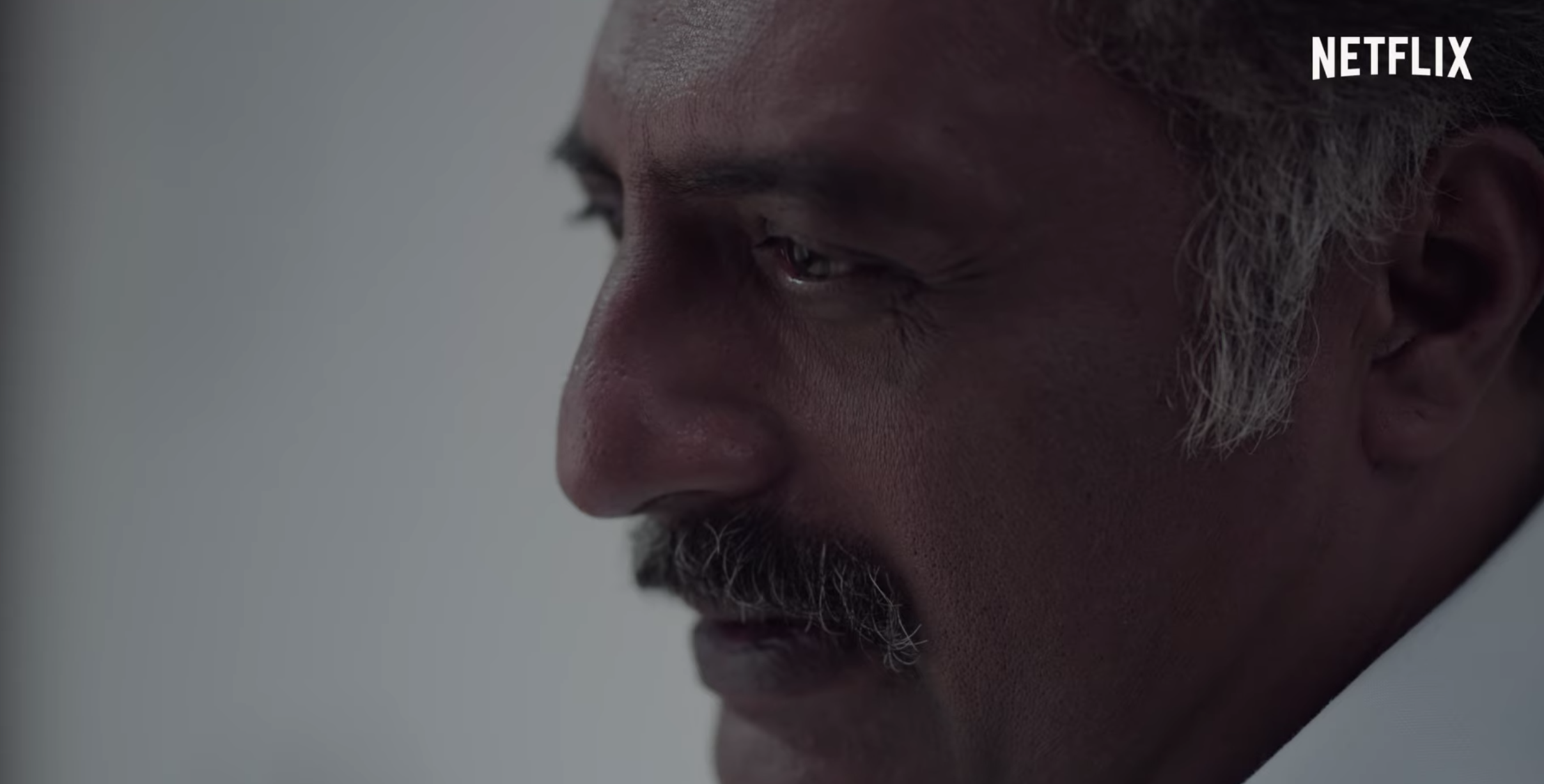
In a flashback, viewers also see the moment when Sumathi and her father reunite after years of estrangement. After Janakiraman unexpectedly appears at Sumathi and Hari’s apartment in the city of Bangalore, Janakiraman explains that although he still doesn’t agree with her choice, when he found out that Sumathi was pregnant with his grandchild, he put aside his differences to see his favorite daughter.
It’s clear that Janakiraman is made extremely uncomfortable by Hari, but over the next few days, he seems to accept the couple and announces that he would like to throw a baby shower for them back at his village. They agree and Sumathi goes back to her village with Janakiraman, while Hari goes to his own village to escort his family to the baby shower.
After the initial hostility at home, family members warm back up to Sumathi. Her two younger sisters admire the photographs of her apartment and her “free” life in Bangalore. Sumathi then learns that after she eloped, her father pulled her sisters out of college, fearing that education would lead them down the same path as their elder sister.
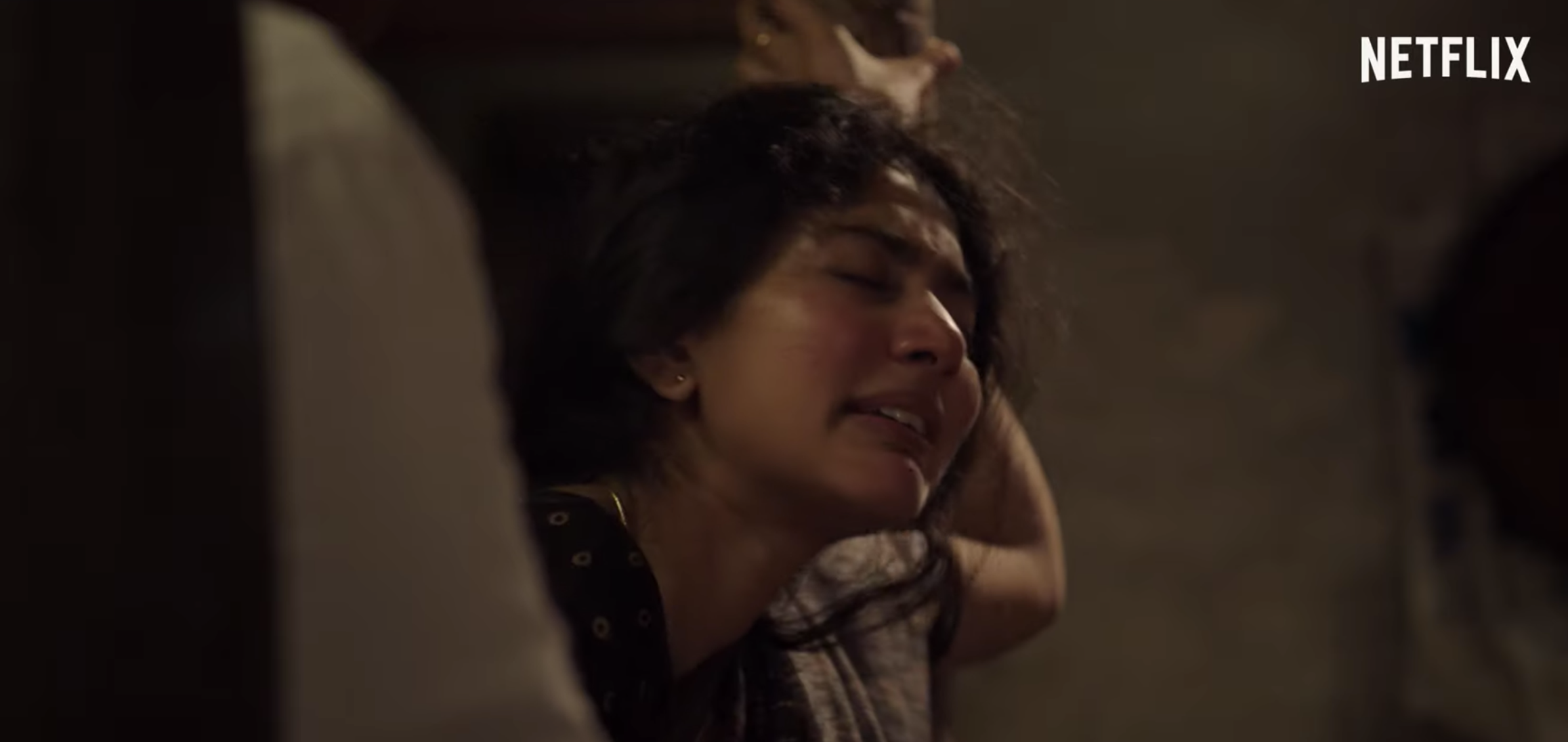
On the night of the shower, the family shares a meal, the first with all of them together in a long time, and then everyone heads to the reception hall except for Sumathi and her parents. Suddenly Sumathi becomes violently ill. She is unable to breathe and starts to vomit blood.
When Janakiraman refuses to call the doctor, despite Sumathi and his wife’s pleas, the audience realizes that he is waiting for her to die. He makes then the shocking revelation that during dinner, when Janakiraman had brought Sumathi some water, he had also poisoned it.
Janakiraman turns a deaf ear as Sumathi dies a slow and painful death. While he appears pained by his decision, he also says that she should have never married outside of her caste and defied the norms of the community. He reminds Sumathi that she has two younger sisters who also need to be married and that this is the only way to restore honor to the family name.
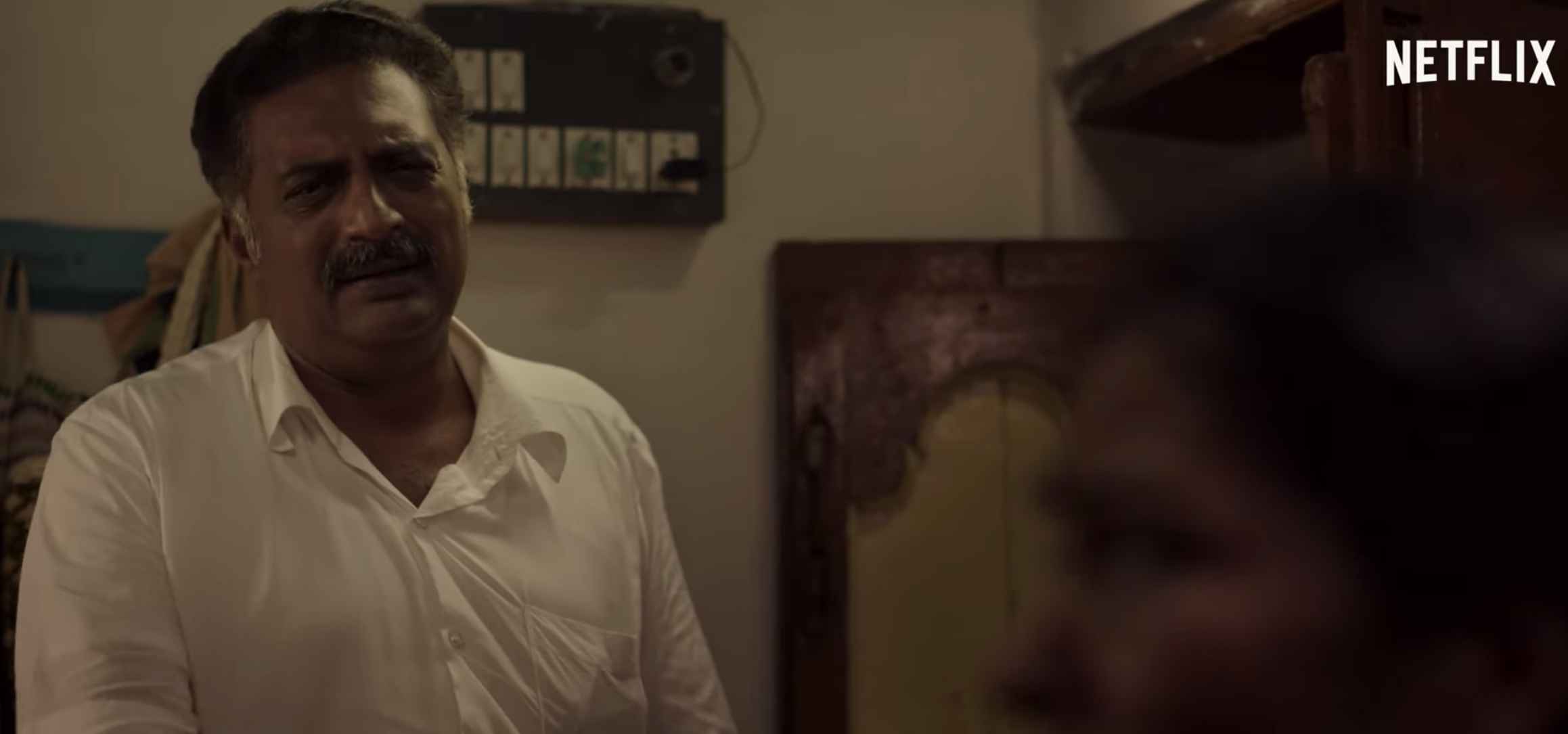
In the end, there is an animated sequence in which Hari finds Sumathi’s dead body and in the post-credits, it says that Hari presses charges against his father-in-law for her death. Despite the fact that Janakiraman’s wife testifies against him at his trial, the court finds there is insufficient evidence, and he is set free.
Although the specifics of this story are not based in reality, the brutal ending of this story and the heartbreaking postscript remind audiences that honor killings like this are rarely prosecuted in court successfully, and while Sumathi wasn’t a real person, the character stands in for millions of women in real life who endure such violence on an everyday basis.
Paava Kadhaigal is available to stream on Netflix.